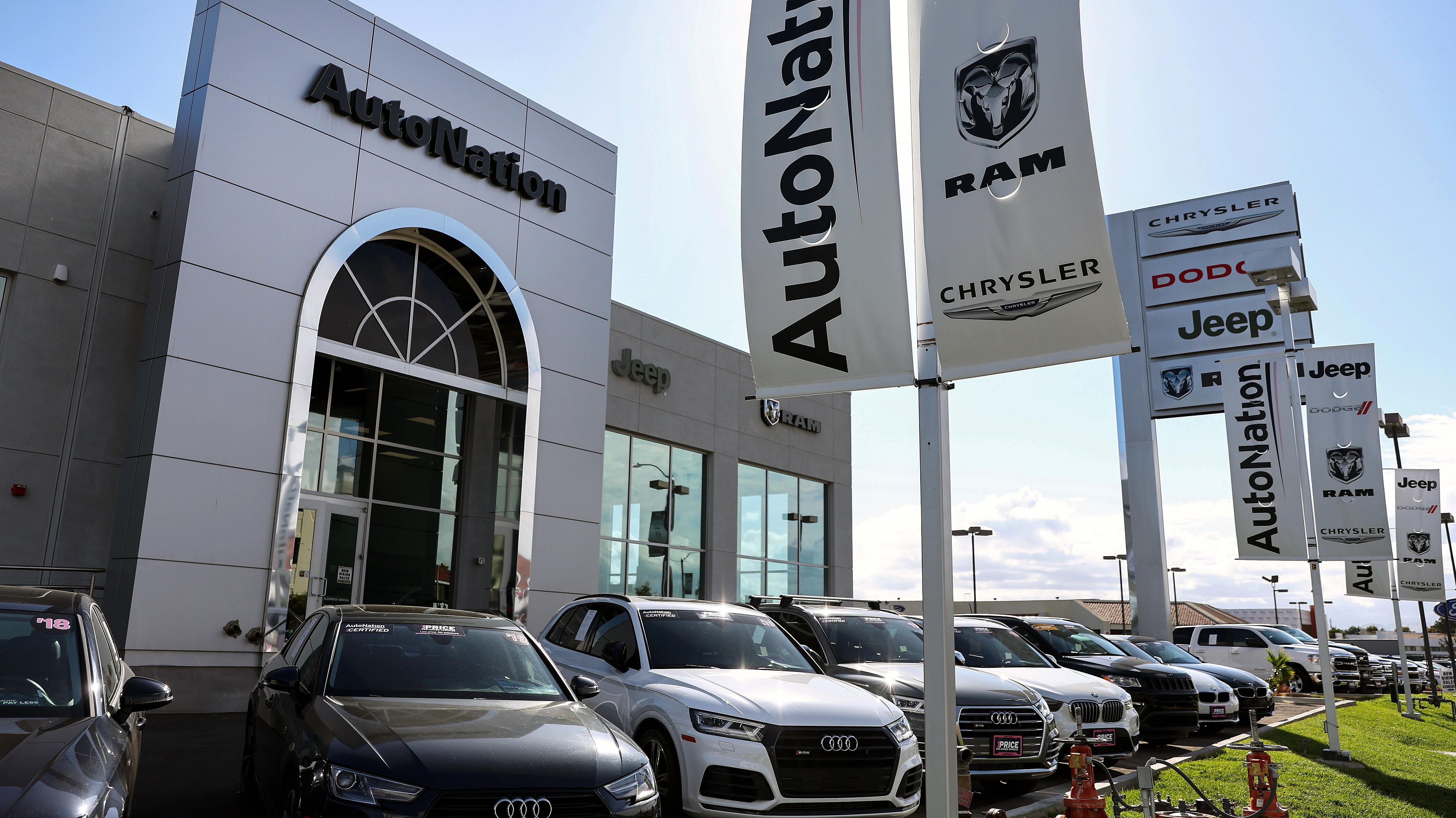The Average New Car Price Hit $48,182 In July, A New All-Time Record
Kelley Blue Book says July's average car price shattered the last record... which was set in June.
Does anyone else remember when $50,000 could get you a pretty luxurious new car? According to Kelley Blue Book, those days are long over: In July, the average new car sold in the U.S. cost $48,182 here in America, beating out the previous record, which was only set in June.
In its report revealing the new all-time record, KBB makes a pretty interesting argument: Buyers are currently more annoyed by a lack of available inventory than they are by high prices. The COVID-19 pandemic saw a squeeze on the supply chain and increased demand for affordable vehicles. Now, the rush on affordable cars has subsided, leaving some buyers to opt for a more luxurious option than they may have chosen before. From KBB:
Average price data can mask the fact that not every shopper is in the same position. Luxury cars made up 17.8% of the cars Americans bought in July — down from 18.2% in June, but still historically high. That pushes prices up.
"New-vehicle inventory levels are better than a year ago, but remain historically low, and that's keeping new-vehicle prices elevated," said Rebecca Rydzewski, research manager of economic and industry insights for Cox Automotive. "Still, even though average prices are at a record, there are affordable vehicles out there. Compact cars and SUVs and subcompact models typically transact for 30% to 40% below the industry average."
That being said, the typical buyer still paid well over sticker price for a new car in July: $875 above MSRP on non-luxury vehicles and $730 for luxury marques, on average. Further, incentives remain low — only 2.4 percent of the average transaction price compared to last year's 5.9 percent — while in-demand vehicles like SUVs and crossovers have retained enough demand to justify dealers charging above sticker.
There is one bit of good news, though: asking prices for electric vehicles dropped 2.3 percent in July compared to a year ago! Just ignore the fact that the average asking price of an EV ($66,000) is still well above the industry average.
